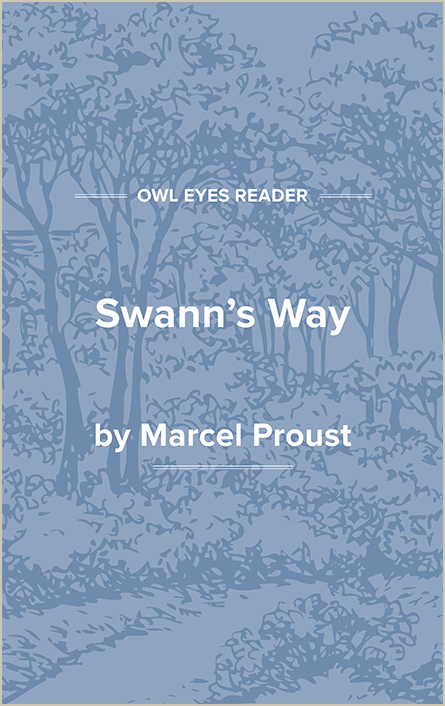Marcel Proust Biography
One greets the publication of this authoritative edition of Marcel Proust’s selected early correspondence with the hope that, following upon the publication in two volumes of Francis Steegmuller’s English translations of Gustave Flaubert’s letters (1980 and 1982), this will encourage future efforts to translate and publish letters of other modern French writers. When reading letters of many French authors, one is often especially engaged by the combination of insights into personal lives and friendships with comments, as in Flaubert’s letters to Louise Colet, on the rigors and complications of literary creation; in letters, writers are often more unguarded and less restrained in expressing their doubts or confusion concerning these questions. The early letters of Proust, however, disappoint expectations of such an emphasis, and this is of course attributable in large part to Proust’s relative lack of maturity and experience before 1903. One is reminded of the progress of the Marcel who narrates À la recherche du temps perdu (Remembrance of Things Past, 1922-1931) as he approaches the full realization, in Le Temps retrouvé (Time Regained, 1931), of his vocation as a writer. This is to take nothing away from the achievement of the compilers of this volume, unless it is to say that a subsequent volume or volumes will certainly be more interesting on this score. Anyone who takes the time to compare Ralph Manheim’s translations with earlier ones and with the French originals will have little quarrel with his work. The introductions by J. M. Cocking are helpful, while Philip Kolb’s annotations are superbly rich and erudite.
The disappointment, then, for admirers of Remembrance of Things Past is in the portrait presented here of the young Marcel Proust, who resembles none of his fictional creations so much as the hapless Bloch. Like Bloch, Proust in many of these letters appears vain, flighty, fickle, and insincere. It is difficult even to maintain sympathy for his legendary physical suffering in the face of what appear to be the many complaints of a pitiful hypochondriac. Nevertheless, as Proust’s own artistic credo reminds the reader, admiration for an author’s work requires no confirmation in details of the author’s life and character.
Such was the burden of the argument developed by Proust in his essay of 1908, Contre Sainte-Beuve (By Way of Sainte-Beuve), published posthumously in 1958. Proust objected vehemently to the critical practice of the eminent nineteenth century Parisian book reviewer Charles Augustin de Sainte-Beuve (1804-1869), whose custom, as in his famous review of Flaubert’s Madame Bovary (1857; English translation, 1886), was to seek explanations for the nature of a literary work in the person of the author. Proust condemned this biographical approach, formulating against it one of the fundamental arguments of aesthetic modernism—namely, that the work of art represents an achievement in spite of the artist’s own limitations or personal troubles. No comparison should be attempted between the realm of the book and the writer’s own sphere of existence, Proust insisted; the book is the product of a different self from the one the writer reveals in everyday circumstances.
Thus dissuaded from an attempt to reconcile this glimpse into the life of a young man long before the full realization of his creative powers with the reputation and stature of one of this century’s great novelists, one might nevertheless view the early life as a kind of rehearsal for the “recaptured” life realized in the novel’s heroic labor of composition. Like the Marcel of Remembrance of Things Past, the young Proust of these letters is seen busily cultivating friendships among the rich and glamorous, whether to satisfy his own vanity, to procure social advancement, or to observe their exotic habits in order to describe them later. Indeed, he can be annoyingly, even if ironically and deceptively, obsequious, as...
(The entire page is 2,172 words.)
Owl Eyes subscribers get unlimited access to our expert annotations, analyses, and study guides on your favorite texts. Master the classics for less than $5/month!

